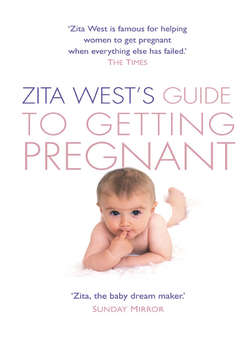Читать книгу Zita West’s Guide to Getting Pregnant - Zita WEST, Zita West - Страница 52
Progesterone Deficiency
ОглавлениеProgesterone deficiency is the most common hormonal deficiency in women of all ages. Many women are already familiar with the symptoms of a degree of progesterone deficiency, which may or may not affect their fertility. These symptoms include painful or lumpy breasts, cyclical headaches, anxiety and irritability, insomnia and sleep problems, unexplained weight gain, recognizable PMS, dysfunctional patterns of bleeding during a cycle, and finally, impaired fertility.
The causes of progesterone deficiency are often linked to imbalances of other hormones, and the effect of these. For example, if ovulation fails, no progesterone is produced in the luteal phase. There may also be defects during the luteal phase – either the corpus luteum fails to produce enough progesterone, doesn’t produce it for long enough, or the luteal phase is too short (fewer than 10 days). In addition, in some cases the follicle develops but doesn’t rupture and expel the egg, so too little progesterone is produced. Finally, the messages from the hypothalamus and pituitary gland may be faulty – there is faulty FSH secretion, inappropriate surges of LH or excessive prolactin.
Having identified a progesterone deficiency, there are a number of solutions:
• natural progesterone (should only be used under proper medical supervision)
• vitamin and mineral deficiencies can be remedied (supplements for low progesterone include vitamin B6, vitamin E, evening primrose oil and magnesium)
• herbs such as Vitex Agnus Castus, prescribed by a medical herbalist, can help regulate ovulation
• causes of stress can be identified and removed
• excessive exercise can be reduced
• low body weight can be increased.
